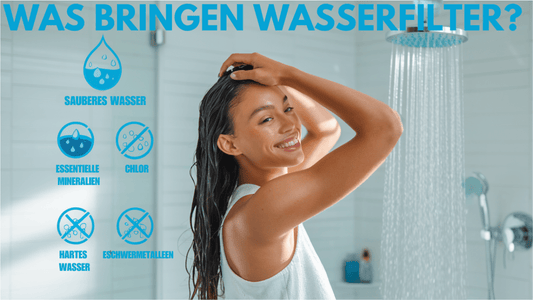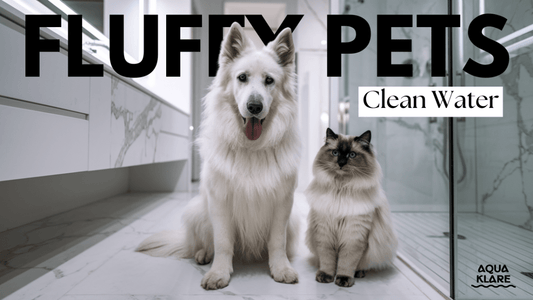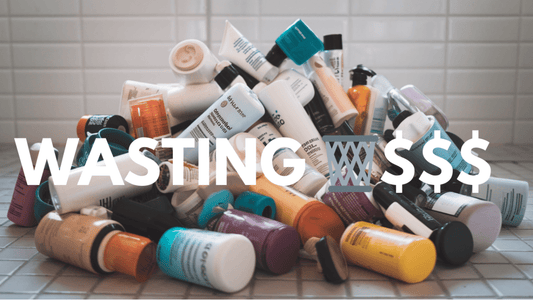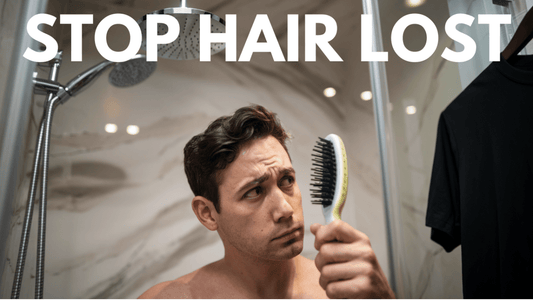Chlorine is essential for disinfecting our water supply, but its effects on your skin and hair can be far from desirable. While keeping your water safe, chlorine can strip away natural oils, leaving your skin dry and your hair damaged. Learn how to protect your beauty from the hidden dangers of chlorine.
What is Chlorine?
Chlorine is a chemical used in water treatment plants to kill bacteria and other harmful organisms. While effective at making water safe to drink, it can have a drying effect on your skin and hair, leading to various issues over time.
Cities with High Chlorine Levels in the US and Europe:
Water chlorination levels can vary greatly depending on location, and some cities are known for having higher concentrations of chlorine in their water supply. Here are cities in the US and Europe where chlorine levels are notably high:
| Country | City | Chlorine Levels | Impact on Skin and Hair |
|---|---|---|---|
| United States | Los Angeles, California | 0.5 - 1.0 mg/L | High chlorine levels contribute to dryness and scalp irritation. |
| United States | New York City, New York | 0.5 - 1.5 mg/L | Chlorinated water can exacerbate skin sensitivity and color fading. |
| Germany | Berlin | 0.1 - 0.3 mg/L | Lower chlorine levels, but still leading to dryness and potential skin irritation. |
| Germany | Hamburg | 0.1 - 0.3 mg/L | Chlorine exposure is minimal but may still lead to brittle hair with prolonged exposure. |
| France | Paris | 0.4 - 1.0 mg/L | Chlorine in the water can cause skin redness and premature aging. |
| Italy | Milan | 0.3 - 0.7 mg/L | Notable for dryness and increased skin sensitivity due to chlorine. |
| Portugal | Lisbon | 0.5 - 1.2 mg/L | Higher chlorine levels can strip natural oils, leading to dry skin. |
| Greece | Athens | 0.6 - 1.0 mg/L | Chlorinated water in Athens can cause hair color to fade and skin to dry out. |
| Spain | Barcelona | 0.5 - 1.0 mg/L | Chlorine contributes to dull hair and skin irritation. |
How Chlorine Affects Skin:
- Dryness and Irritation: Chlorine strips your skin of its natural oils, leading to dryness, irritation, and potentially worsening conditions like eczema.
- Increased Sensitivity: Prolonged exposure to chlorinated water can make your skin more sensitive, leading to redness and a weakened skin barrier.
- Premature Aging: Chlorine can accelerate the aging process by breaking down collagen, leaving your skin more susceptible to wrinkles and fine lines.
How Chlorine Affects Hair:
- Stripped Natural Oils: Chlorine removes the natural oils from your hair, leading to dryness, brittleness, and split ends.
- Faded Hair Color: Chlorine can cause hair color to fade faster, particularly in chemically treated hair, leaving it looking dull and lifeless.
- Scalp Irritation: Chlorine can also irritate your scalp, leading to itchiness, dryness, and flakiness.
Solutions to Protect Your Skin and Hair:
- Use a Shower Filter: Installing a shower filter can help reduce chlorine levels in your water, protecting your skin and hair.
- Hydrating Products: Use hydrating skincare products like those from La Mer or hair treatments from brands like Olaplex to combat the drying effects of chlorine.
- Post-Shower Care: Apply moisturizers and hair oils immediately after showering to lock in moisture and counteract chlorine’s drying effects.
Conclusion:
Chlorine may be necessary for safe drinking water, but it can take a toll on your skin and hair. By using the right products and installing a shower filter, you can protect your beauty from the hidden damage of chlorine.
Sources:
- "Chlorine in Water: How It Affects Your Skin and Hair," Dermatology Times.
- "The Impact of Chlorine on Hair," American Academy of Dermatology.
- "How to Protect Your Skin from Chlorine," Skincare.org.
- Umweltbundesamt (Federal Environment Agency)






